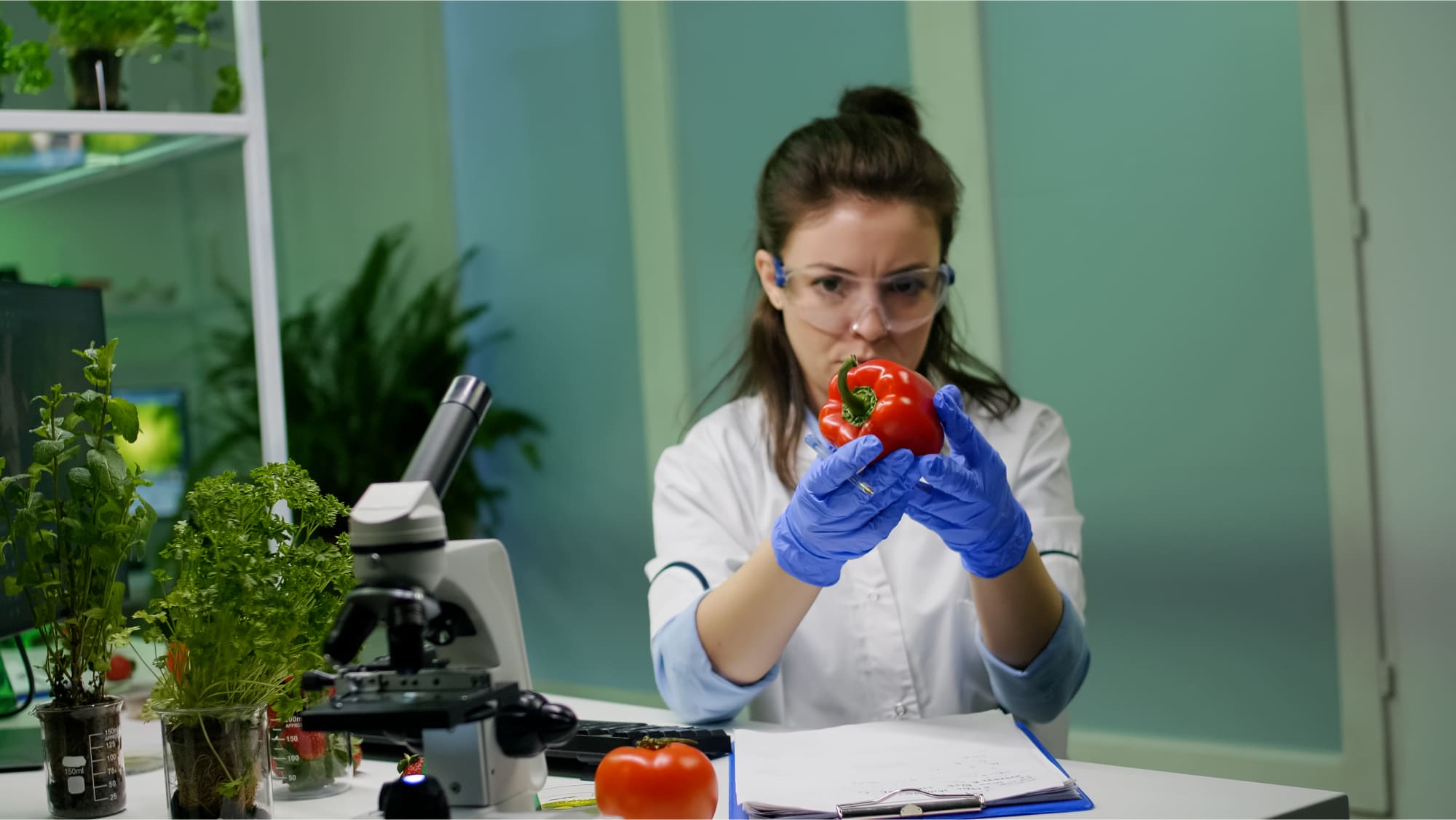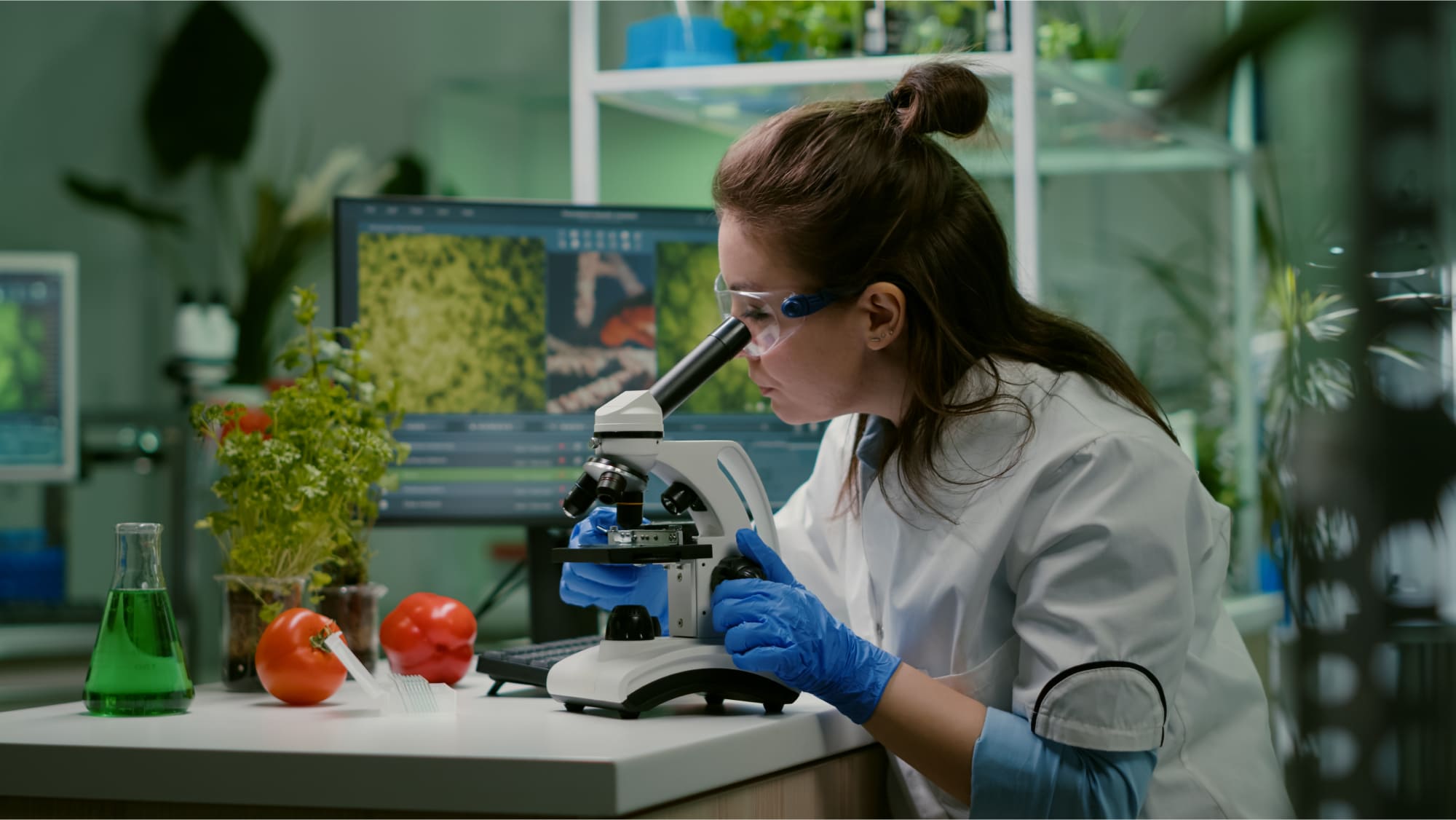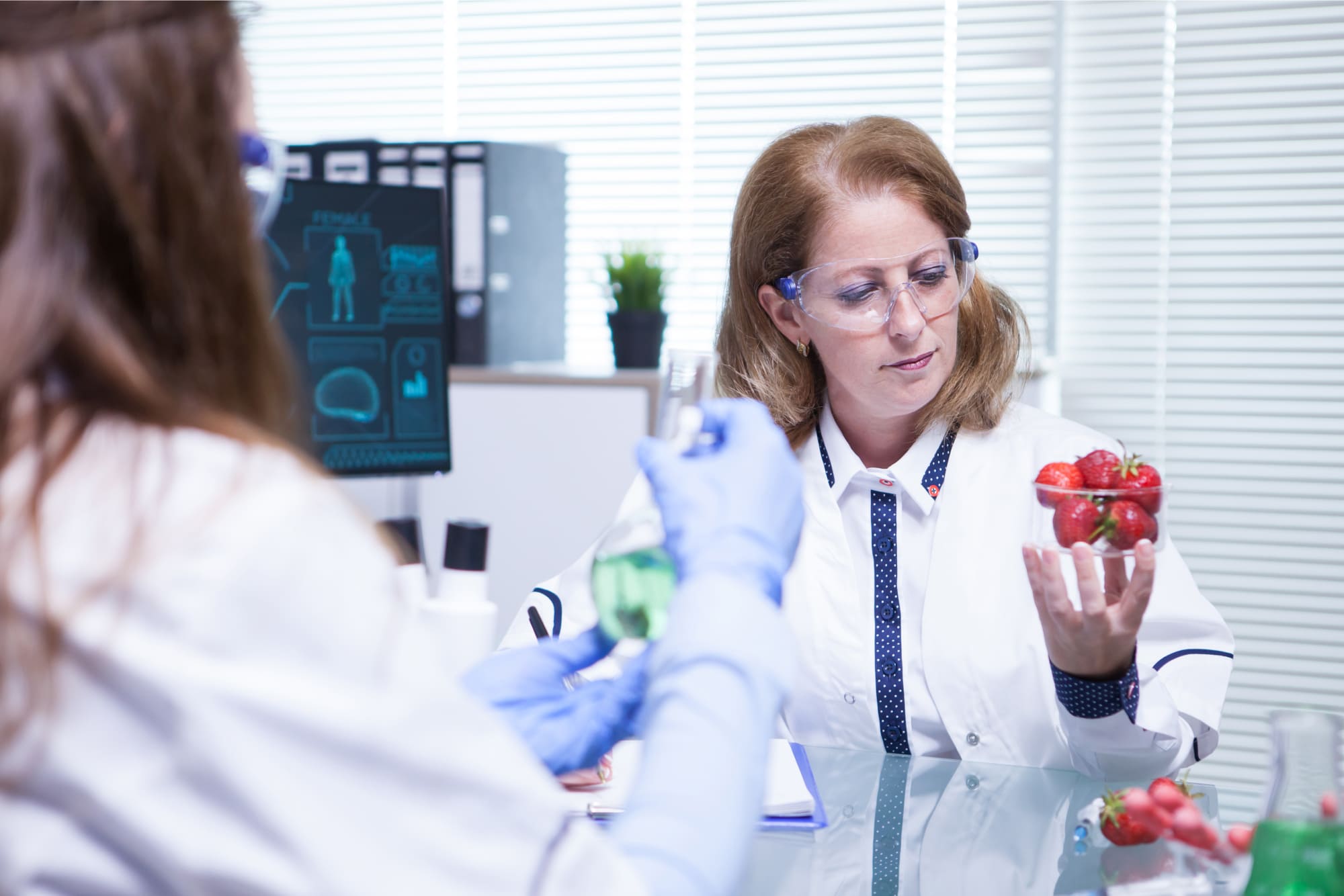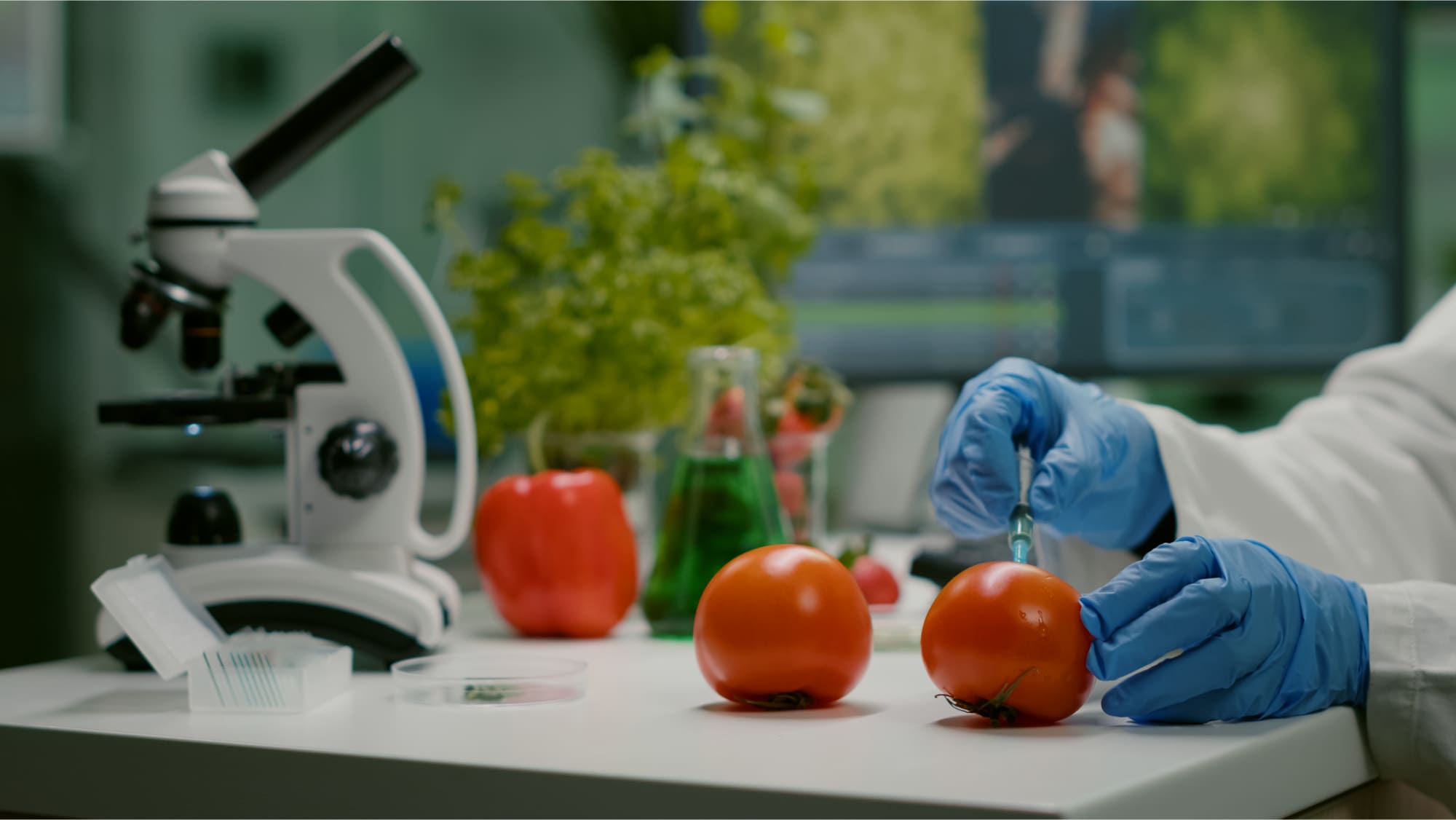Food Testing
Food testing is a crucial component of the food industry, aimed at verifying the safety, quality, and compliance of food products with established standards and regulations. It involves the assessment of various parameters to identify and mitigate potential physical, chemical, and biological hazards that may compromise the safety and integrity of the food supply chain.
-
Physical Hazards Testing
Foreign Object Detection: Screening for physical contaminants such as glass, metal, plastic, or wood that may inadvertently enter the food during processing or packaging. Particle Size Analysis: Ensuring that the size of particles in food products complies with safety standards, preventing potential choking hazards.
-
Chemical Hazards Testing
Residue Analysis: Identifying and quantifying chemical residues, including pesticides, herbicides, and veterinary drug residues, to ensure compliance with maximum residue limits (MRLs). Food Additive Analysis: Verifying the presence and concentration of food additives to ensure they are within permissible limits and do not pose health risks. Toxin Detection: Screening for natural toxins, such as mycotoxins and marine biotoxins, to prevent their presence in food products.
-
Biological Hazards Testing
Microbiological Testing: Assessing the microbial content, including bacteria, yeast, mold, and pathogens, to ensure that food products meet microbiological safety standards. Allergen Detection: Identifying and quantifying allergens to prevent cross-contamination and ensure accurate allergen labeling.
-
Nutritional Analysis
Nutrient Composition: Determining the nutritional content of food products, including macronutrients, micronutrients, vitamins, and minerals, to provide accurate information for labeling and consumer awareness.
-
Authenticity and Fraud Detection
Species Authentication: Verifying the authenticity of meat and seafood products to prevent mislabeling and fraudulent practices.
-
Origin Verification
Confirming the origin of food products to ensure adherence to geographical indications and protect against misrepresentation.
Advantages of Food Testing
-
Consumer Transparency
Food testing provides consumers with transparent and accurate information about the safety and quality of the products they purchase, fostering trust and confidence in the food supply chain.
-
Informed Purchases
Consumers can make informed choices based on the results of food testing, selecting products that align with their dietary preferences, health considerations, and ethical values.
-
Food Safety Compliance
Adherence to food safety regulations is facilitated through regular testing, helping food manufacturers meet and exceed the standards set by regulatory authorities.
-
Market Access and Reputation
Food testing ensures that products meet international standards, supporting market access and enhancing the reputation of food manufacturers in a globalized market.
-
Public Health Protection
By identifying and mitigating potential hazards, food testing contributes to safeguarding public health, preventing foodborne illnesses, and promoting overall well-being.
Pharmaceutical raw material testing is a critical phase in the pharmaceutical manufacturing process, playing a pivotal role in guaranteeing the safety, efficacy, and quality of the final drug
Read MoreWater testing is a crucial process aimed at assessing the quality and safety of water for various purposes, including drinking, recreational activities, industrial use, and environmental
Read MoreMedical device testing is a thorough process conducted to verify the safety, reliability, and regulatory compliance of medical devices. It involves assessing the performance, usability
Read MoreCosmetic testing is a comprehensive process that involves various laboratory analyses to assess the safety, quality, and sensory attributes of cosmetic products. These analyses encompass
Read MoreHerbal products, derived from plant sources, are subject to rigorous testing to ensure their safety, quality, and compliance with regulations. Testing focuses on various aspects, with a key emphasis
Read MoreEnvironmental testing is a comprehensive process designed to assess how a sample, be it a product or material, responds to various stressors and conditions that it might encounter during its
Read MoreOil Testing Plays A Crucial Role In Maintaining Product Quality And Compliance With Safety And Environmental Standards. From Refining To Distribution, The Process Of Oil Testing Involves
Read MoreElectrical testing refers to a series of evaluations and assessments conducted on electrical components, systems, and devices to ensure their safety, reliability, and performance. These tests are designed to verify compliance with industry standards, regulatory requirements, and specific performance criteria.
Read MoreMechanical Testing In various industries, Mechanical testing plays a pivotal role in ensuring the quality and reliability of materials and products. From manufacturing to construction, Mechanical testing encompasses several essential components
Read MoreBuilding material testing is crucial for ensuring the quality, safety, and compliance of construction materials used in various building projects. Similar to oil testing, building material testing involves several key components
Read More



